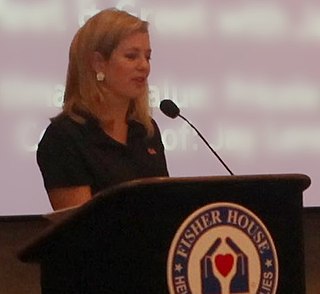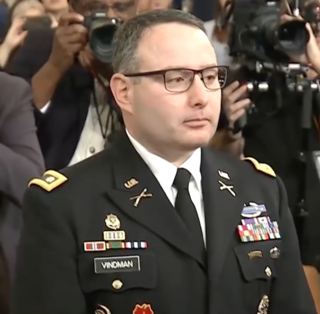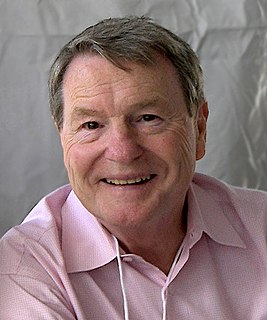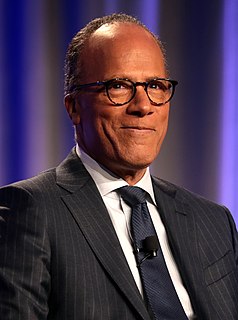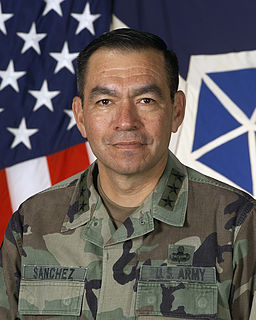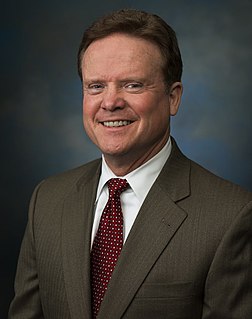Top 1200 Military Experience Quotes & Sayings
Explore popular Military Experience quotes.
Last updated on November 8, 2024.
Let me be clear: I'm a believer in a robust military, which is essential for backing up diplomacy. But the implication is that we need a balanced tool chest of diplomatic and military tools alike. Instead, we have a billionaire military and a pauper diplomacy. The U.S. military now has more people in its marching bands than the State Department has in its foreign service - and that's preposterous.
Senator McGovern is very sincere when he says that he will try to cut the military budget by 30%. And this is to drive a knife in the heart of Israel... Jews don't like big military budgets. But it is now an interest of the Jews to have a large and powerful military establishment in the United States... American Jews who care about the survival of the state of Israel have to say, no, we don't want to cut the military budget, it is important to keep that military budget big, so that we can defend Israel.
We don't have any intention whatsoever to use military force to solve the Palestinian problem. But when it comes to terror - when it comes to terror, I believe that military - the right military steps is a very, very complicated kind of warfare, where I make every effort not to escalate the situation.
Donald Trump in Philadelphia, and he's delivering a very substantive speech on military preparedness, the status of the current military. He detailed the deterioration of the U.S. military in the past eight years and explained how he's going to rebuild it and why we need to, and it's a very tough audience. It's an expressly military audience, and they are of course listening for any sign that he's not really genuine here. I think, knocking this out of the park as far as that audience is concerned.
In truth the importance of U.K. airstrikes and the U.K.'s eight additional planes is more political than military. It is in honesty a micro military issue. There is no great military necessity for the U.K. to be involved since planes are queuing up from a wide range of countries over the skies of Syria.
After the death of the sadistic dictator Gen. Sanni Abacha in 1998, Nigeria underwent a one-year transitional military administration headed by Gen. Abdulsalami Abubakar, who uncharacteristically bowed out precisely on the promised date for military disengagement. Did the military truly disengage, however? No.
I fully support your efforts to stamp out sexual assault in the United States military and believer that there is nothing in (Military Justice Improvement Act) that is inconsistent with the responsibility or authority of command. Your efforts in this regard have much broader implications that will actually strengthen the 'good order and discipline' of our military, which I believe accounts for much of the resistance that S967 is receiving...Protecting the victims of these abuses and restoring American values to our military culture is long overdue.
Our guys working this area for a living all believe Chalabi and all those guys in their Bond Street suits are charlatans. To take them for a source of anything except a fantasy trip would be a real stretch. But it's an article of faith among those with no military experience that the Iraqi military is low-hanging fruit.
I've worked in the factories of this land, and I've thought freely and creatively. And I think that that has greatly enriched my capacity to abstract intellectually. The experience of being with workers, my encounters with management and my recognition of its foibles, my personal encounters with American industrial efficiency, my military experience - all of these things packaged together have greatly enriched my reading and my understanding, and I've written with what I hope is a reasonable fluency of style that is much more expressive than the academic stuff.
People with military experience seem to do very well in these situations. They've been taught that they can control their destiny, which is half the battle. They also have some experience in getting out of bad situations even if just through training. They know they have to make a plan and follow it and execute it.
In recent years the military has gradually been eased out of political life in Turkey. The military budget is now subject to much more parliamentary scrutiny than before. The National Security Council, through which the military used to exercise influence over the government is now a purely consultative body. But Turkish society still sees the military as the guarantor of law and order. The army is trusted, held in high regard - though not by dissident liberals. When things go wrong, people expect the military to intervene, as they've intervened over and over again in Turkish history.
Things can change if the military can do a paradigm shift and gets out of the shame and coverup cycle and be a leader in our culture. In the 50s, 60s and 70s there were huge race problems in the military even more severe than the culture at large. The military saw it was detrimental and it changed and became a model to society at large.
Yes and no. Because America has only about 1 percent of the population serving in the military, it is hard for many civilians to understand the sacrifices military families make. However, my experience is that after the Vietnam War, the public learned that they should support the military whether or not they support the war. You've seen that outpouring of support for the veterans of both Iraq and Afghanistan.
In the aftermath of the terrorist attacks of September 11, 2001, I watched helplessly as the Bush administration led America into a strategic blunder of historic proportions. It became painfully obvious that the executive branch of our government did not trust its military. It relied instead on a neoconservative ideology developed by men and women with little, if any, military experience. Some senior military leaders did not challenge civilian decision makers at the appropriate times, and the courageous few who did take a stand were subsequently forced out of the service.
What is and isn't justified by military necessity is, naturally, open to interpretation. One of the key concepts, though, is the law of proportionality. A military attack that results in civilian casualties - 'collateral damage' - is acceptable as long as the military benefits outweigh the price that is paid by humanity.
There was a part, you know, obviously there was a part of the whole I military experience that you know like hooks right into the whole boyhood experience that that you know most American boys have growing up, you know, which is proving your manhood by proving how hard you are, by proving that you can take it.



